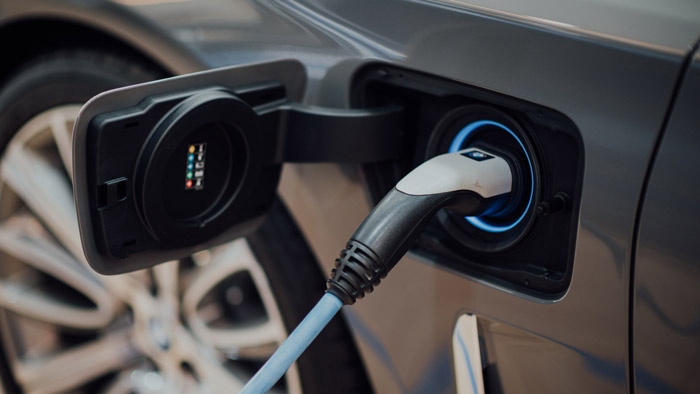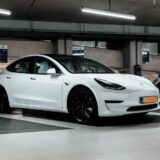
Castrol study reveals ‘tipping points’ for electric vehicle adoption
A major new study released by global lubricant manufacturer and marketer Castrol reveal the factors driving electric vehicle (EV) buying decisions, drawing on the views of consumers, fleet managers and automotive industry leaders from across the U.S.
“Accelerating the EVolution” reveals that, on average for U.S. consumers, a price point of USD36,000, a charge time of 30 minutes and a range of 319 miles from a single charge represent the ‘tipping points’ to achieve mainstream EV adoption. The research also estimates that the annual U.S. electric vehicle market could be worth USD108 billion by 2025 if all three tipping points are met, pointing to a possible EV-powered low-carbon recovery for the automotive industry.
“The global automotive industry has been impacted hugely by the coronavirus pandemic, and the U.S. industry is no different. As we look forward to the road to recovery, I believe that electric vehicles have a key role to play. Castrol’s research shows that there is an appetite amongst consumers to make the switch to electric. Vehicle manufacturers have an opportunity to do more to translate this into buying decisions, especially at a time when consumer behavior is bound to be more cautious. Accelerating the EVolution provides a clear roadmap for the industry to help accelerate mainstream adoption of EVs,” said David Bouet, president BP Lubricants.
Based on research from eight of the world’s most important electric vehicle markets, Castrol’s study examines five critical challenges that should be addressed to promote further growth in the EV market – highlighting the differing priorities for consumers and fleet managers.
Key findings from the opinion research, which was conducted from December 2019 to January 2020, include:
2025 – the year of the EV?
On average, drivers in the U.S. said they would consider purchasing an EV by 2025. However, nearly 60% of U.S. drivers said they are adopting a “wait and see” approach. Fifty-nine percent of fleet managers said they are waiting for competitors to make the switch before they do.
Price is front-of-mind
While USD36,000 was the tipping point for consumers in the U.S. and the global average, there is a striking difference between markets. Consumers in Japan are prepared to pay the most for an EV at an average of USD43,000, while consumers in the UK are more price sensitive at USD30,000.
Price is the number one priority for consumers in the U.S., with 57% of those surveyed saying that EVs are currently beyond their budget. The study also finds that misconceptions about maintenance costs could be stopping consumers making the switch: 65% of U.S. consumers say that these costs were preventing them from buying a fully electric car. This suggests that many are unaware that the overall average cost of ownership of an EV over its lifetime tends to be lower than for vehicles with internal combustion engines.
Demand for shorter charge time
Charge time was identified as the second most important challenge to the mainstream adoption of EVs; consumers in the U.S. said they require an average charge time of 30 minutes or less before they would consider purchasing an EV. More than two-thirds of those questioned (67%) believe EVs will only dominate on the roads once they can charge in a similar amount of time as it takes to refuel an internal combustion engine vehicle.
‘Range anxiety’ is real
Range was ranked third on the priority list, with three in five U.S. drivers agreeing it is a significant barrier to the mainstream adoption of EVs. On average, consumers in the U.S. expect a range of 319 miles on a single charge, approximately equivalent to the distance from Boston to Philadelphia, and notably higher than the global average of 291 miles. However, 66% of consumers in the U.S. mainly use their car for commuting or short journeys, suggesting that ‘range anxiety’ may be partly driving this preference.
“The automotive industry has already demonstrated what it can achieve in response to the coronavirus crisis, turning its capabilities to producing much needed medical equipment. With EV technology constantly improving the challenge now will be to drive a low-carbon recovery and accelerate the EVolution as quickly as possible. Castrol has been working with the automotive industry to develop unique e-Fluid technology to support EVs, from battery coolant e-fluid, e-greases and transmission fluids,” said Mandhir Singh, chief executive officer at Castrol.
“Bringing down the cost and charge time for electric vehicles while increasing range, infrastructure and vehicle choice will be critical to persuading consumers to make the switch to EVs.”
The Accelerating the EVolution report, which includes a full breakdown of the research and detailed findings, is available to download at www.castrol.com/EV.












